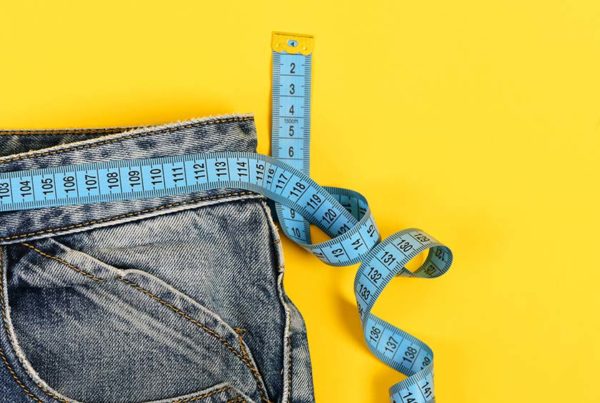Don’t leave home without them!
Health-promoting snacks have many nutritional benefits and can help provide a continuous supply of daily energy—energy which is necessary for optimal human performance.
While some snacks can add unhealthful and unwanted calories to your diet, this is only true if you eat junk food such as candy bars, cakes, chips, crackers and other processed foods, all of which are full of sugar, refined carbohydrates and unhealthy fats.
Healthful snacking can, in fact, help you control blood-sugar levels, improve metabolism, help regulate stress, lower LDL cholesterol, burn more body fat, and increase energy levels without weight gain. Snacking can keep hunger away, and reduce cravings for sugar and other junk food.
Many people find that they have much more energy when following a program of healthy snacking. In addition, studies show a staggering 30 percent increase in heart disease in those eating three meals or less per day.
Smart Snacking
The key to smart snacking is to reduce the amount of food eaten at regular meals and distribute this nutritional wealth throughout the day. Skipping meals, in particular breakfast, may be one of the worst habits. Instead, eat five or six smaller meals that add up to the same amount of food that you would eat during your regular routine. This way, you’re not adding more calories to your diet.
Eating more frequently can increase fat-burning. Eating several times a day—five to six smaller healthful meals instead of one, two, or three larger ones—can trigger thermogenesis—or heat production—an important post-meal metabolic boost that helps you burn fat.
In order to snack smartly and healthfully, you should start the day with a good balanced breakfast such as a vegetable omelet or a wholesome smoothie. Then, follow it up with a mid-morning snack, lunch, a mid-afternoon snack, a light dinner, and if necessary a small snack in the evening—a nutritious dessert.
Travel Food: Smart Snacks
One of the common problems with travel is finding nourishing food. The simple remedy for this is to bring your own, often in the form of snacks. Remember, a nutritious snack is just a small meal, especially when it contains natural fats and complete proteins. Whether you are spending the afternoon on the road, traveling by plane, or on a long train trip, wholesome snacks are an excellent help keep your energy up without junking out.
For many people, snacking smart and snacking frequently can help maintain great brain function. You’ll avoid the ravenous appetite in the evening, and won’t overeat at dinner, or snack on junk food later in the evening—everyone knows how devastating to your health this routine can be.
Snacks should be just like any other healthful meal—just smaller, and still supplying excellent nutrition. Experiment to discover how much food you need and which types work best. Some people may need to eat larger snacks, but others can get by on minimal amounts like just a handful of raw almonds.
Top 10 Healthy Snacks
Here are my top-10 health-smart snacks and travel foods Most are easy to bring along when traveling, and the first four are great if you are eating a diet low on carbs or are taking the Two Week Test.
The old standby—carrot and celery sticks. Add cucumbers, red peppers and other veggies—and sea salt! These go well with almond or cashew butter, or cream cheese.
- Raw almonds or cashews carried in a small plastic bag.
- A boiled egg or two (or three). How easy is this?
- A small salad—quickly prepared and easily stored in a tight fitting container. Adding cheese, eggs and/or meat makes for a hearty meal. Don’t forget the fork.
- Fresh fruit. An organic apple won’t squish in your pocket or carry-on, and makes an easy, nutritious snack. Add some full-fat cheese and it becomes a travel meal.
- Plain unsweetened yogurt or sour cream with fresh fruit mixed in. It’s quick to prepare in a jar or plastic container before leaving home. Don’t forget the spoon.
- Another old standby—leftovers. Take some odds and ends from the previous day’s meals and put them into one container.
- Brie or other high-fat cheese with an apple or other fresh fruit.
- A smoothie. Have one mid-morning or mid-afternoon. A smoothie in a tight-fitting container travels well too.
- Phil’s Bars. These time-tested great-tasting whole-meal bars have complete proteins and fats, and will last days out of the refrigerator. Made with less honey and a touch of coconut oil, these bars are also a good low-carb snack or travel food.(See Recipes!)
These snacks can also serve as a small meal when you’re traveling. Choosing nutritious foods when you’re away from home keeps you from eating junk food, and is an important habit that will help you further improve optimal health and fitness. That’s how you snack smart.








